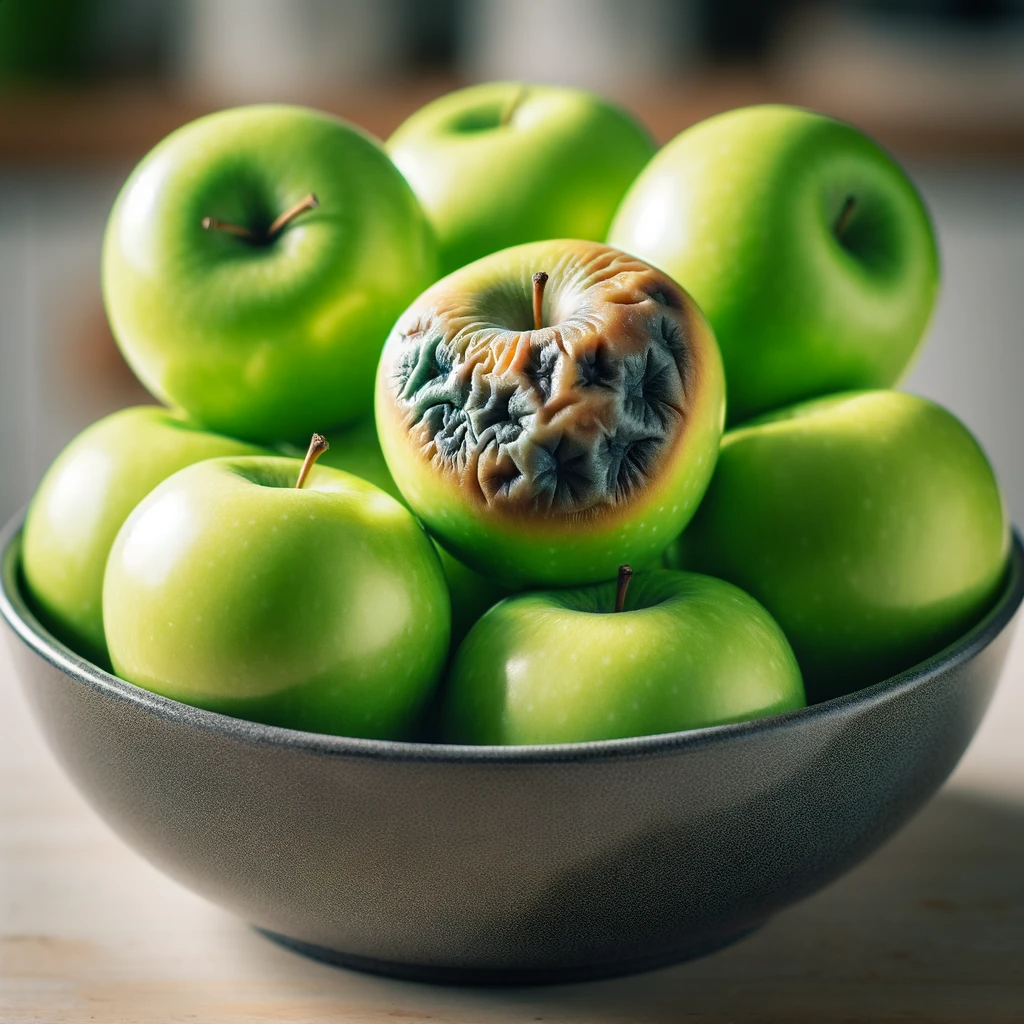Spoil
Definition
The term spoil refers to the act of diminishing or destroying the value or quality of something. It can also refer to overindulging someone, often to the point where it adversely affects their character or behavior.
Parts of Speech
- Verb
- Noun
Pronunciation
American English
- IPA Pronunciation: /spɔɪl/
- Respelling: SPOIL (with "SPOIL" rhyming with "boil" and "foil")
British English
- IPA Pronunciation: /spɔɪl/
- Respelling: SPOIL (similar to American English, with "SPOIL" rhyming with "boil" and "foil")
In both dialects, "spoil" is pronounced with the diphthong "ɔɪ," as in "boil" or "foil." The pronunciation of "spoil" is consistent between American and British English, clearly reflecting the word's simple and direct phonetic structure.
Etymology
The word "spoil" originates from the Middle English word "spoilen", which was derived from the Old French "espoillier" from Latin "spoliare", all of which mean to strip, rob, or plunder.
Derivatives
- Spoiler
- Spoilage
- Spoiling
- Unspoiled
- Spoilsport
Synonyms
- Ruin
- Mar
- Deteriorate
Antonyms
- Preserve
- Enhance
- Maintain
Usage
The term "spoil" can refer to both material degradation and behavioral indulgence. It is used in various contexts to explain the degradation of items, especially food, or the negative effect of overindulgence on a person, especially children.
Related Terms
- Decay
- Pamper
- Overindulge
Detailed Definition
Verb
- Degradation: To diminish or destroy the value or quality of.
- Example: "Leaving the fruit in the sun will spoil it."
- Overindulgence: To treat someone with excessive indulgence; pampering someone excessively usually to the point of affecting their behavior or character negatively.
- Example: "Parents are advised not to spoil their children to prevent entitlement issues later in life."
Noun
- Plundered Goods: Goods, valuables, or earnings obtained through unethical or illegal actions, especially robbery or warfare.
- Example: "The invaders carried away their spoil from the conquered city."
- Deteriorated State: The state of something having been spoiled.
- Example: "The spoil of the crops left the farmer in despair."
spoil



🇨🇳 Mandarin (Simplified Chinese)
- 毁坏 (huǐhuài) [to ruin]
- IPA Pronunciation: /xweɪ˨˩˦.xwaɪ˨˩˦/
- Respelling in English: hway-hwai
- 宠坏 (chǒnghuài) [to pamper]
- IPA Pronunciation: /ʈ͡ʂʰʊŋ˨˩˦.xwaɪ˨˩˦/
- Respelling in English: chong-hwai
🇮🇳 Hindi
- खराब करना (kharāb karnā) [to ruin]
- IPA Pronunciation: /kʰəˈraːb kərˈnaː/
- Respelling in English: kha-raab kar-naa
- लाड़ना (lāṛnā) [to pamper]
- IPA Pronunciation: /laːɽ.naː/
- Respelling in English: laar-naa
🇪🇸 Spanish
- estropear [to ruin]
- IPA Pronunciation: /es.troˈpe.ar/
- Respelling in English: es-tro-PAY-ar
- mimar [to pamper]
- IPA Pronunciation: /ˈmi.mar/
- Respelling in English: MEE-mar
🇫🇷 French
- gâcher [to ruin]
- IPA Pronunciation: /ɡa.ʃe/
- Respelling in English: gah-SHAY
- gâter [to pamper]
- IPA Pronunciation: /ɡa.te/
- Respelling in English: gah-TAY
🇸🇦 Modern Standard Arabic
- أفسد (afsada) [to ruin]
- IPA Pronunciation: /ʔaf.sad.a/
- Respelling in English: af-sa-da
- دلل (dallala) [to pamper]
- IPA Pronunciation: /dal.la.la/
- Respelling in English: dal-la-la
🇧🇩 Bengali
- নষ্ট করা (nôṣṭa kôra) [to ruin]
- IPA Pronunciation: /nɔʂ.ʈa kɔ.ra/
- Respelling in English: noshta kora
🇷🇺 Russian
- испортить (isportit') [to ruin]
- IPA Pronunciation: /ɪˈspor.tʲɪtʲ/
- Respelling in English: is-POR-teet
- баловать (balovat') [to pamper]
- IPA Pronunciation: /bɐˈlo.vətʲ/
- Respelling in English: ba-LO-vat
🇵🇹 Portuguese
- estragar [to ruin]
- IPA Pronunciation: /eʃ.tɾɐˈɣaɾ/
- Respelling in English: esh-tra-GAHR
- mimar [to pamper]
- IPA Pronunciation: /ˈmi.maɾ/
- Respelling in English: MEE-mar
🇮🇩 Indonesian
- merusak [to ruin]
- IPA Pronunciation: /məˈru.sak/
- Respelling in English: meh-ROO-sak
- memanjakan [to pamper]
- IPA Pronunciation: /məˈman.d͡ʒa.kan/
- Respelling in English: meh-MAN-jah-kan
🇩🇪 German
- verderben [to ruin]
- IPA Pronunciation: /fɛʁˈdɛʁ.bn̩/
- Respelling in English: fer-DER-ben
- verwöhnen [to pamper]
- IPA Pronunciation: /fɛʁˈvøː.nən/
- Respelling in English: fer-VOO-nen
🇯🇵 Japanese
- 台無しにする (dainashi ni suru) [to ruin]
- IPA Pronunciation: /daɪ.na.ɕi ni sɯː.ɾɯː/
- Respelling in English: dai-na-shi nee soo-roo
🇻🇳 Vietnamese
- làm hỏng [to ruin]
- IPA Pronunciation: /lam˧ˀ˨ʔ hawŋ˧˧/
- Respelling in English: lam hawng
🇰🇷 Korean
- 망치다 (mangchida) [to ruin]
- IPA Pronunciation: /maŋ.t͡ɕʰi.da/
- Respelling in English: mang-chee-da
🇹🇷 Turkish
- bozmak [to ruin]
- IPA Pronunciation: /boz.mak/
- Respelling in English: boz-mak
🇵🇰 Urdu
- خراب کرنا (kharāb karnā) [to ruin]
- IPA Pronunciation: /xəˈraːb kərˈnaː/
- Respelling in English: kha-raab kar-naa





